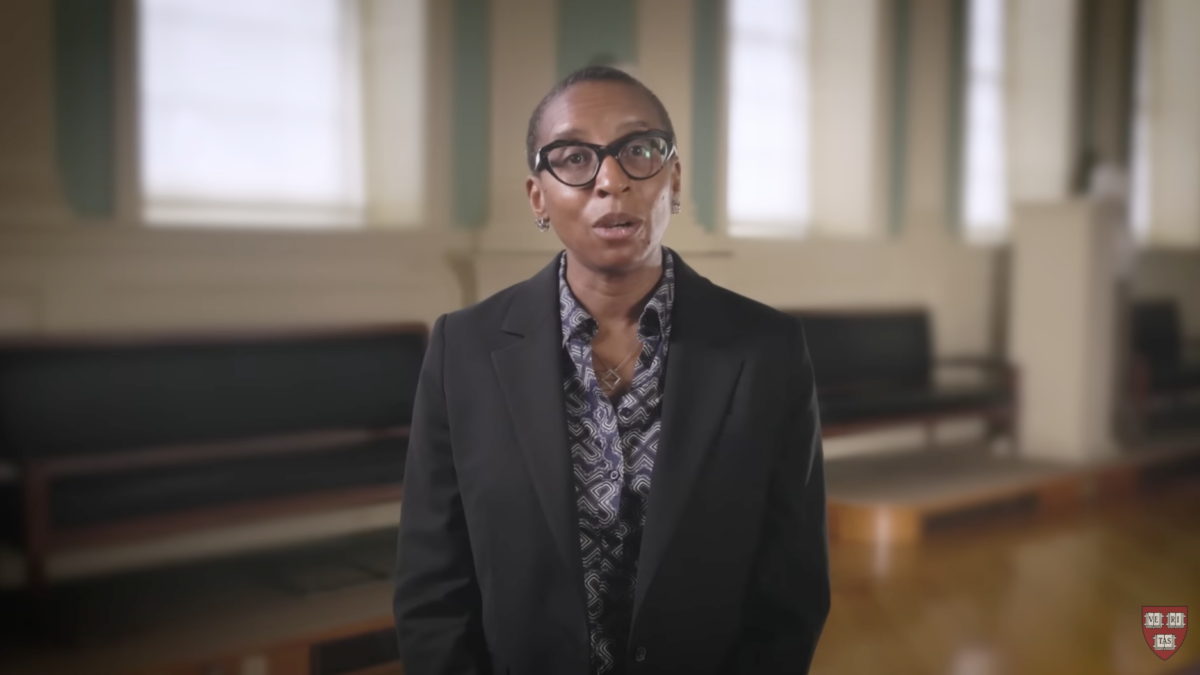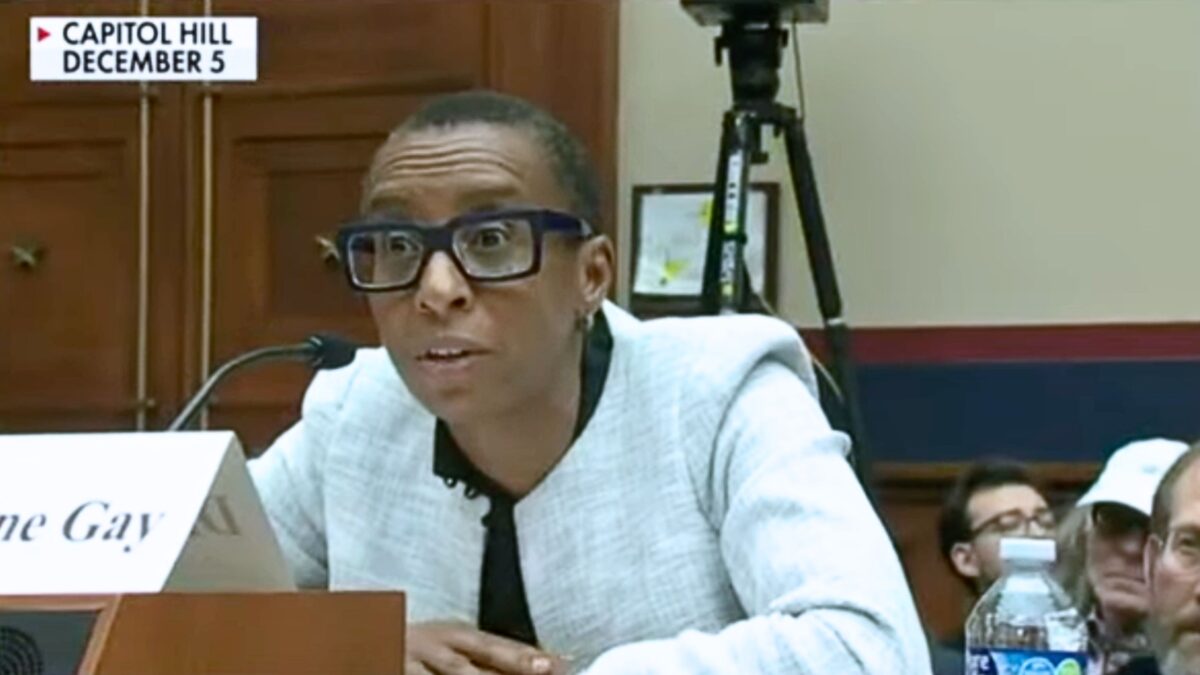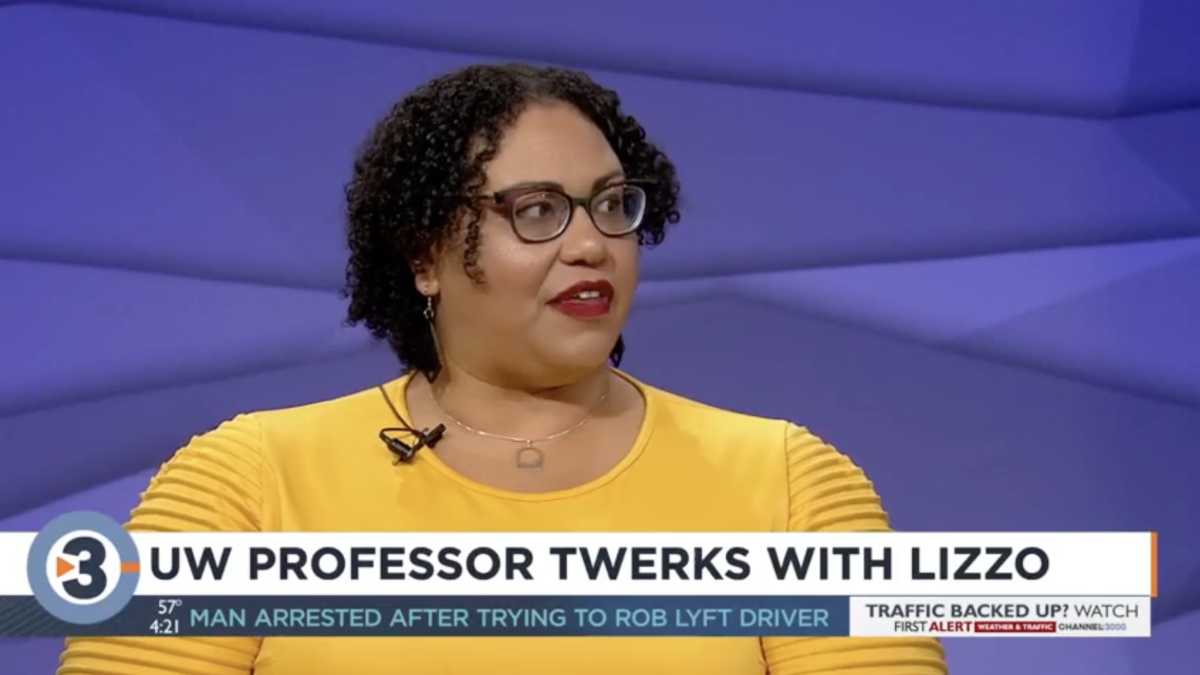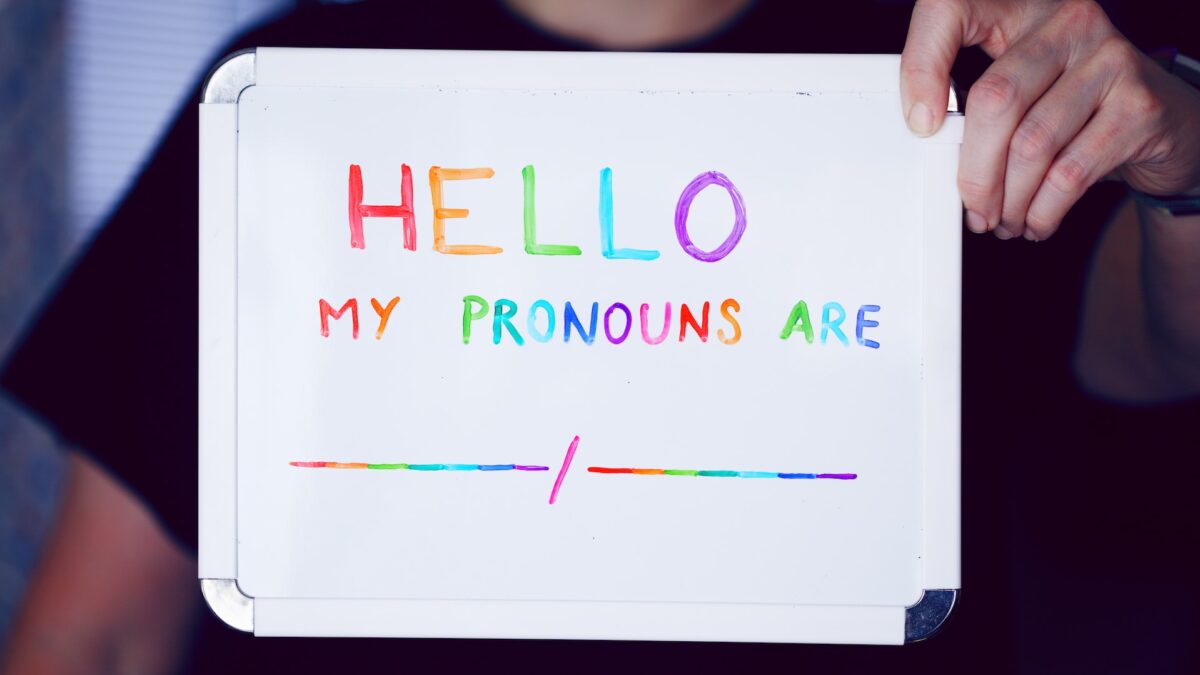
A Biden administration spells more controversy about Title IX, the federal equal access law that bans sex discrimination in schools receiving federal funds, but now used to address sexual misconduct — including allegations of criminal conduct like sexual assault and rape (variously defined). The theory is that such behaviors threaten access to education.
Democrats want to seem tough on sexual assault, of course, and Title IX is the tool, even as Joe Biden has dodged Tara Reade’s accusations that he once sexually assaulted her and has pledged to remove the current Title IX regulations put in place by President Trump and Secretary DeVos.
Almost every educational institution now has a Title IX office. Last year the National Association of Scholars visited a number of them, documented in a recently released report, “Dear Colleague.” It presents conversations with staff and analyses of institutional policies on discrimination and sexual harassment at six state universities.
It’s safe to say that Title IX is now unrecognizable as an equal access law in education. Instead, it is a sex monitoring and sex promotion law with the staff especially focused on (and arguably happy about) student sexual encounters gone bad, as their chance to meddle.
Office waiting areas featured pamphlets from Planned Parenthood, among others, with quotes like, “I didn’t want it to happen,” “I haven’t been hit…” and bowls of condoms with flyers explaining, “What is a flavored condom used for? If something is flavored, it’s meant to be tasted!” Partner offices include student health centers, many with counselors who explain matter-of-factly, “here, we’re all about student autonomy and pleasure, whether you’re a person with a penis or a vagina.”
Staffers who deal with Title IX are primarily comprised of females, most with degrees in women’s studies or gender-based violence. What’s more, of the 52 officials surveyed, only one had any actual courtroom experience where allegations of serious wrongdoing are routine. Yet one Title IX coordinator confirmed that most of her time is spent processing just such allegations of sexual misconduct. Unsurprisingly, students now call Title IX “the campus sex police.”
Students also say that the Title IX office violates the law in its rush to seek, find, and punish sex offenders. Accused students report that “fabricated evidence was withheld from me until the very last minute,” and that staff is trained to “presume guilt” in violation of due process basics. Some 600 students have sued their schools claiming that campus Title IX proceedings are, in essence, kangaroo courts.
To the credit of Education Secretary Betsy DeVos, she tackled this sticky wicket — not with informal guidance, as prior administrations had done, but with formal regulations according to the Administrative Procedure Act. This effort took three years and involved over 125,000 public comments. It culminated in the Title IX Final Rule, issued in May 2020, whose provisions turned out to be quite common sense and, in real courtrooms, would be every-day fare.
They require schools to presume innocence, for example, and to disclose all evidence, and to allow live cross-examination through student representatives. Furthermore, if requested, these cross-examinations can take place in separate rooms so as to mitigate any trauma that face-to-face questioning might cause. Other supportive measures such as counseling, deadline extensions, and flexibility for schedules, work, and housing are required for all complainants.
Even so, Title IX feminists complained. “DeVos … is protecting attackers from being held accountable!” said one consultant. Indeed, they sued DeVos in federal court, alleging the Final Rule violated the APA, among other things. Such claims were defeated in Maryland and New York but remain pending in DC and Massachusetts.
What now? Chances are that one or both remaining courts will issue opinions on the final rule before a new administration can take any formal action. But a Biden Education Department may announce its intention to not enforce the rule, or its intention to start the rule-making process all over again to rescind it.
In any event, the reality is that Title IX practice is now a confused, even dangerous mess. It became so because some people wanted it that way.
For starters, Title IX was enacted as a civil rights law and was never intended to address crimes, especially violent ones such as rape and assault. Additionally, the words “assault” and “rape” have been re-defined at many schools to mean a sexual encounter where one party thought there was consent, but the other claims there wasn’t. Worse, 95 percent of these cases involve alcohol, according to Title IX staff, making both perceptions and memories foggy.
Many schools now have “affirmative consent” policies where explicit, verbal affirmation is to be obtained at every stage of sexual intimacy or the encounter constitutes assault, a standard repeatedly rejected by the American Bar Association. Many such incidents are about misunderstandings, not discrimination, and certainly not criminality. Yet Title IX administration has now effectively branded many students as criminals.
Second, allegations like these are a matter of state criminal law, not a federal law like Title IX, much less a matter of campus administration that varies from school to school. While far from perfect, our criminal justice system represents centuries of balancing the rights of the accused against those of the complainant and the public.
The rights contained in due process, for example, date to the Magna Carta of 1215, ensuring that even lowly subjects (now, citizens) had natural rights that even kings (now, the government) must respect. That Title IX feminists, however, felt free to sweep all this away by creating a parallel, quasi-criminal justice system on campus speaks volumes.
The real, unstated story behind Title IX is the mindset of these feminists. In essence, they’re angry that females are at greater health risk from unmarried sex. Pregnancy is another possibility, of course, that obviously affects females more than males.
Title IX feminists see this reality as inherently unfair and, to their mind, it should be “fixed” by policies that favor women — including the inversion of the centuries-old presumption of innocence in cases of sexual misunderstanding. So what if a few guys get railroaded in the process? It’s a small price to pay back for millennia of imagined injustice inflicted by biological reality.
Of course, anger at reality is a truly foolish and unproductive way to go through life, and no amount of policy is ever going to satisfy or “fix” it. Let’s hope the new Title IX Rule survives and that campus Title IX offices return their focus to equal access in education instead of social engineering between the sexes. Our divided country could use it.









